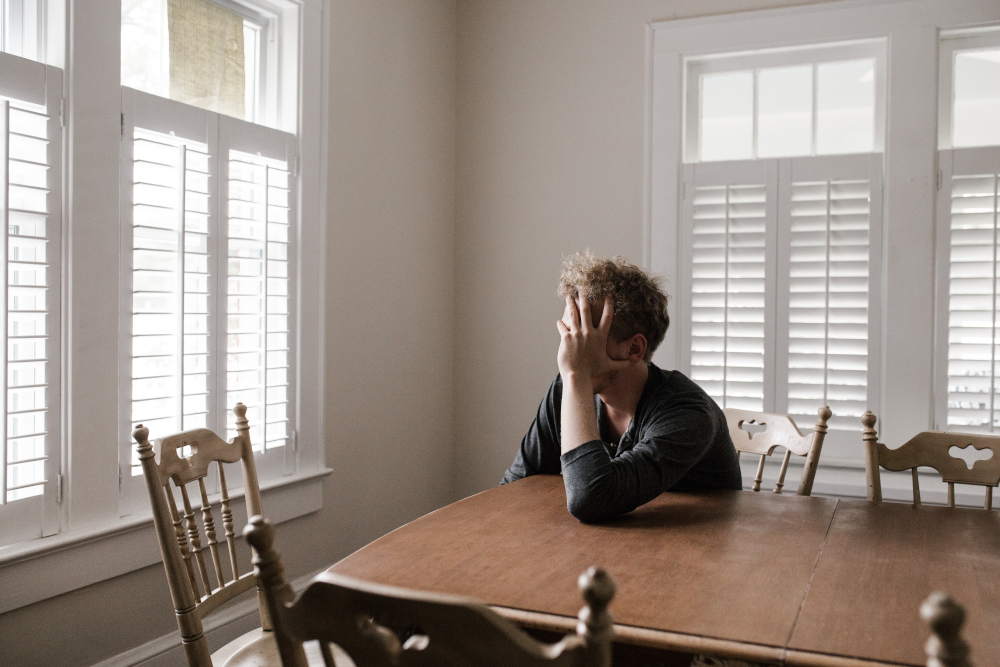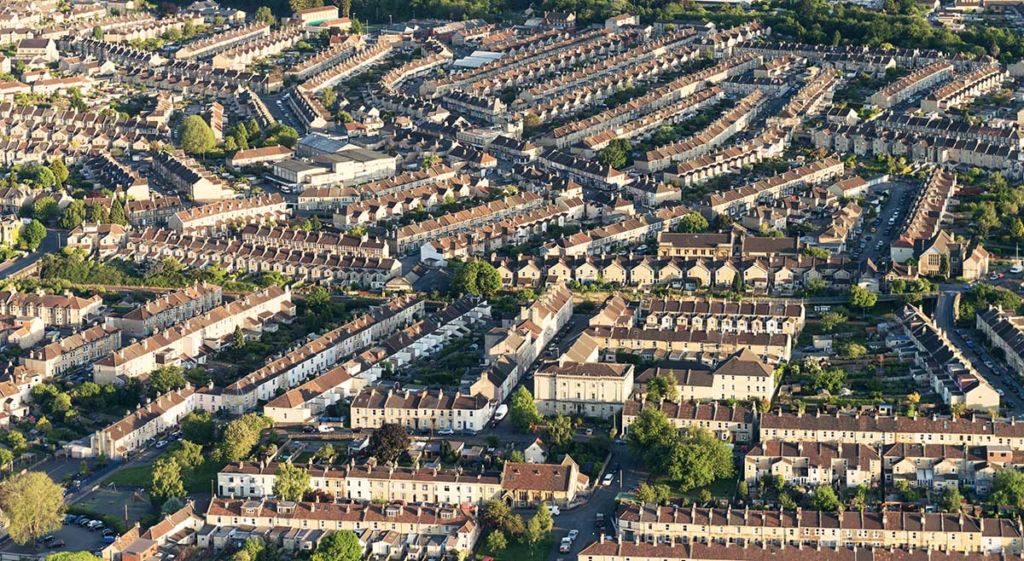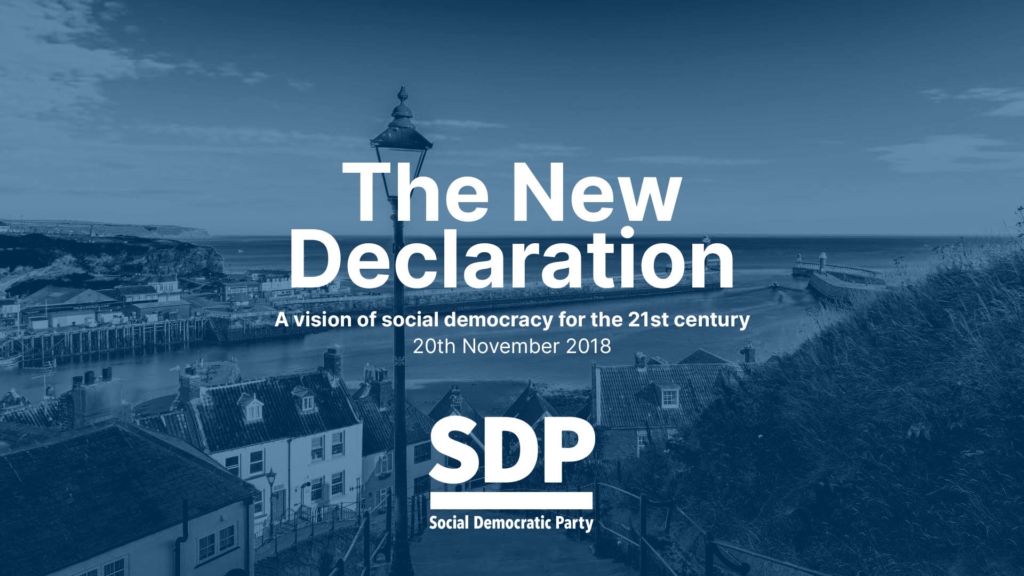The lockdown will gradually recede, the empty pavements will refill and the task of rebuilding will begin. National crises, while painful, often herald a cultural shift. And so it could be here.
For years our leaders have been indifferent to things that matter. Now these things are impossible to ignore.
Like naked bathers exposed when the tide ebbs, the Covid-19 crisis has brutally unmasked a series of liberal ideas whose time has passed. As the British Government scours the globe for medical kit we might ponder the West’s hollowed-out industrial base – unable to produce the goods in an hour of need.
Indifference is the word which describes much of what we’ve been fed. Its effects – like viral droplets spreading through the air – are everywhere.
Industrially, we got here by our leaders listening to hyper-globalists who told us it doesn’t matter where anything is made. These people mocked anyone who cared about national resilience or indeed about national anything. But it takes a particular kind of progressive to completely detach vile, totalitarian regimes from the cheap products we buy from them. We shouldn’t.
Likewise, the inequality caused by our form of capitalism is said to be tolerated ‘because it works’, but that’s only convincing if it actually… works. A system which feeds off unsustainable household debt – eventually causing the beggary of its people – is clearly failing.
This passive indifference has spread far and wide. Our leaders don’t care who runs our railways (German, French and Dutch state railways…) or where the trains and rolling stock are made. ‘It doesn’t matter’ they’ll say, although families in Crewe and Birmingham now working the ‘gig economy’ might disagree.
Neither, apparently, do we need to train our own doctors and nurses because we can import these economic units (a.k.a. people) – an approach which betrays a callousness to impoverished nations losing their very best.
Nor, with a continent full of energetic and diligent workers, do we need to bother with vocational training for our young. The fact that Marek and Svetlana are so often a credit to their employers doesn’t help untrained kids sitting at home in Ashington.
Socially, the pattern is the same. Tolerance is the word progressives use to mask their indifference but it’s a type of indifference all the same. It’s dishonest to disconnect widespread crime, unhappiness and other social ills from their root cause in family breakdown. To hear this never mentioned on the BBC tells a lot about the decline of that once-great national institution.
In this liberal world of ours, we’re invited to step over people begging in the street while passively inhaling wafts of skunk in our town centres without noticing something important… that it didn’t used to be like this. Must we be indifferent to this?
It’s not British people but, rather, their cultural masters who don’t care. They mistake their indifference for ours.
So, what next? While the evidently liberal Tories will no doubt tilt just as much as opinion polls tell them is necessary, the identity-obsessed and race-baiting Labour Party has nothing to offer. An NHS applauded and a lockdown honoured without complaint proves that people deeply value national solidarity and, as 2016 referendum showed, are prepared to work for it.
Liberal indifference appears to be on the wane. But it needs a push. Perhaps it can be helped on its way by a political party which almost died young, recovered and is blooming once again: the revived SDP?
People want a future which is softer and more communitarian; more secure but less individualistic; more domestic and less globalist; fairer and less unequal.
Fortunately, there’s a blueprint for that called the ‘Social Market’. It’s where the public and private sectors are not opponents, where free markets are regulated in the national interest and where taxes owed are collected to build a better society.






reinstate the Bradbury Pound end the FIAT Money printing system good news the virus is in decline now
If you say that the root cause of all sorts of social ills is family breakdown, surely you then have to defend the term ‘broken family’ and the stigma and pity that went with it. You have to promote an understanding of ‘family’ that many will think reactionary and tyrannical. You will have to deny that families can come in an indefinite number of shapes and sizes. You will have not only to — let us say — revisit the meaningfulness (and legality) of ‘homosexual marriage’ but perhaps even raise the question of whether or not some ‘communities’ suffer more from the breaking of families and the absence of fathers than others. You cannot do any of this without being vilified.
Coming from a family full of nurses I suppose I am a bit biased when I say that it would be great if the SDP could support the people who are thinking about going into the nursing profession.
I think the degree system we currently have is outdated and puts many of the students off. My fiancee has said that it was the worst degree she has ever completed. I saw how much she disliked it, even though she and many of her friends (on the nursing course) loved the actual work experience of working in the hospital environment.
This is why I think it would be best if the nursing degrees were restructured into an apprenticeship scheme where the apprenticeship nurses would be paid on full salary as this would be an incentive for students and poorer people from poorer backgrounds who may be thinking about nursing as a particular long term career. Remember when nurses were originally trained as they worked on the hospital floor? Maybe that wasn’t such a bad idea?
I also think the SDP should financially help medicine students if our nation is in desperate need for more doctors. I completely agree that importing doctors from other nation states is not an advantage for those (usually poorer) nation states and is neither a good long term strategy for Britain either. Something needs to be done on policy if we are to increase the numbers.
The problem Chris Davie with putting student nurses on full salary, is they then become part of the work force. True student status means those in training remain supernumerary, protecting them from being left in dangerous situations due to staff shortage and allowing time to study.
It’s a debate that has been ongoing in the nursing profession for decades. I agree there should be far more work experience and better financial suppory, but don’t agree an apprenticeship scheme is the way. We’ve been there, done that and frankly it led to a lot of dangerous situations for both patients and nurses.
Hi. Could I just ask what you would say were the differences between the SDP and Blue Labour, – politically,socially and economically. Thank you.
Dear Mark,
I think there are far more similarities than differences between the SDP and BL. When I’m asked I struggle to find substantial differences but I suppose there are a few. First, BL now says it is not ‘communitarian’ and yet the SDP is emphatically so. Secondly, I think the SDP is perhaps a little more paternalistic in its thinking than BL. Thirdly, we are strong supporters of the Social Market economic model but I think BL – or Maurice Glasman at least – is much more idealistic about industrial democracy than we are.
I don’t think these differences should be over emphasised. We regard BL as political kin. They are merely using a different vehicle to achieve similar aims.
Why can’t an apprenticeship system work? It does in Engineering where if people do things wrong, then houses or factories would burn down through electrical faults or similar things? and guess what, they hardly ever do whereas the level of medical malpractice in the NHS is at an all time high in the current system??
Medical staff would start off with basic training and they would be porters, they would be cleaners and they would wipe peoples arses.
Some would stay doing that and there’s no shame for those that do.
Some would want to take their training further and get more qualified and that would be great and when they were more qualified they would still appreciate the porters, cleaners and arse wipers because they would have been there and they would know how difficult those jobs are.
Start them off on £10 an hour and there would be no problem filling the roles. It might take 5 years to see results but better than the appalling University driven system that we have today.
A good and interesting article. I find it a strange experience to agree with every word!
I suspect that many people in Britain (and elsewhere for that matter) would agree with these ideas, but it is going to be very difficult for your party to get a hearing. I would like to think that important parts of the media would give you a hearing, but who? Your message is too left-wing for the right-wing media and too patriotic and pro-working class for the snobby anti-British ‘progressives’.
Good luck!
At last !!!!! A party that gives me a home. How we achieve all this is another matter though …..
https://www.newchartistmovent.org.uk
Good common sense views. We need to get back to making things
The most disadvantaged group in society are the white working class who have paid the costs of globalism and mass immigration. Labour have completely let them down. When I was in UKIP I advocated that this was a section of society that was totally unrepresented. Thanks to Farage and his neo liberal views we missed this opportunity to represent them. Theresa May started to take the Tories in this direction under the direction of Nick Timothy. Johnson has jumped into the void to hoover up the patriotic left behind working class. Those who have lent the Tories their support will soon realise that they have been sold a “pup”